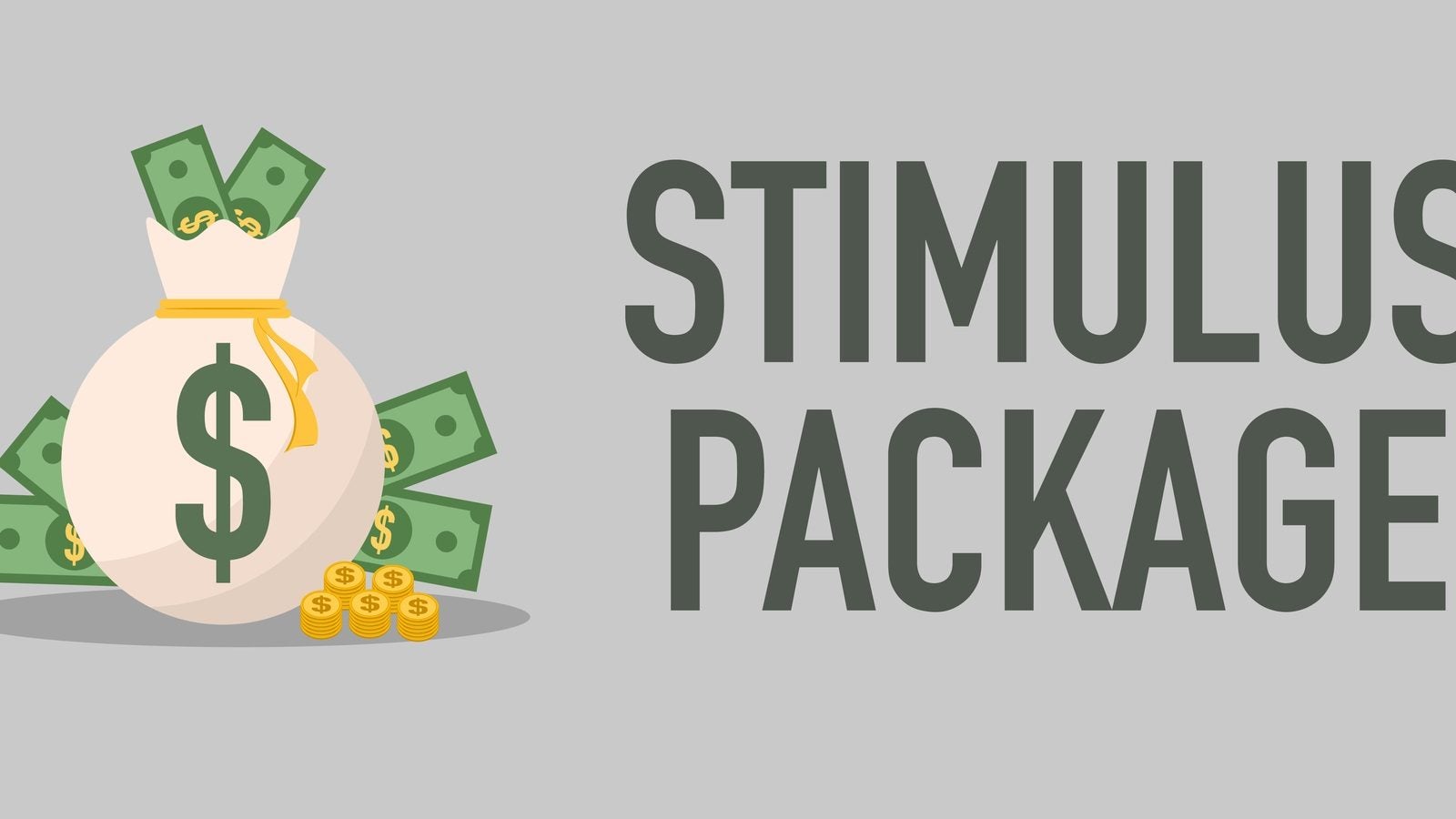The Democrats and Republicans are yet to reach a consensus on further stimulus package for the US economy. The delay in releasing stimulus into the economy could worsen the unemployment rate and force states to increase spending cuts. Macroeconomic influencers share their views on the Covid -19 impact.
Adam Posen
Adam Posen, president of Peterson Institute for International Economics, shared an article on how additional stimulus is essential for the US economy to recover from the impact of the Covid-19 pandemic.
The Democrats propose a stimulus package of $3.4tn, while the Republicans have proposed $1tn. Lack of consensus on the stimulus may result in spending cuts by states causing a deeper recession, loss of between 4% and 5% of GDP and an increase in unemployment by 4% to 5%, the article noted. Black families and minorities are expected to be worst affected.
➡️ Scenario 1: No renewal of federal income support to households
➡️ Scenario 2: Cuts in aggregate investment + Scenario 1💡 Results for both: High unemployment, loss of income, & more, with Black families the worst affected.#PIIECharts
More: https://t.co/MKHP5SrzdZ pic.twitter.com/Vi0ROvKHrZ— Peterson Institute (@PIIE) September 8, 2020
 GlobalData Strategic Intelligence
GlobalData Strategic IntelligenceUS Tariffs are shifting - will you react or anticipate?
Don’t let policy changes catch you off guard. Stay proactive with real-time data and expert analysis.
By GlobalData
Mark Weisbrot
Mark Weisbrot, co-director of Center for Economic & Policy Research, shared an article on how states in the US are in a financial crisis due to lack of further stimulus from the government. States have started to implement several fiscal measures to cut funding and even Medicaid as Democrats and Republicans are deadlocked over the next round of stimulus.
Experts have already warned that any further reduction in spending could affect the economic recovery from the pandemic and impact state and local services. Programmes for education, public safety and health care remain at risk of funding cuts as the deadlock continues.
State and local governments are expected to face budget shortfalls of up to $500bn by 2022, according to Moody’s Analytics. In the absence of further aid, states and local governments will be forced to make further spending cuts that can impact all activities funded by the government.
This is criminal. Republicans are punishing their enemies by blocking aid to the states. Some states will even cut Medicaid. If everyone knew that Republicans were responsible for this & cutoff of unemployment benefits, they would be finished in November: https://t.co/bDxWxskXQP
— Mark Weisbrot (@MarkWeisbrot) September 8, 2020
Cdns 4 Tax Fairness
Canadians for Tax Fairness, an organisation promoting fair taxation, shared an article on how philanthropy benefits the rich. The article notes that the money donated through philanthropy often goes for elite causes rather than helping the poor.
The UN general assembly has cautioned governments to assess the potential risks and side effects involved in taking money from the rich donors. Individuals donating through philanthropy may divert focus from actual causes that need attention.
Further, governments across various countries offer tax exemptions to encourage people to donate. The move to abolish such tax exemptions to ensure that the rich cannot claim anything more than what tax payers can has been made several times but never implemented.
As the pandemic increases inequality among people, proposals to impose taxes on the rich have been put forth. While imposing taxes may need altering government policies, the focus of philanthropy should be on working to achieve democracy and equality, the article notes.
“Just stop talking about philanthropy. And start talking about taxes … Taxes, taxes, taxes” #taxtherich https://t.co/7BEyAMxSXQ
— Cdns 4 Tax Fairness (@CdnTaxFairness) September 8, 2020
Kevin Denny
Kevin Denny, economist at University College Dublin, shared an article on how Ireland’s GDP figures may not be an actual representation of the country’s economy. According to official figures from the Central Statistic Office (CSO), Ireland’s economy contracted by only 6.1% in the second quarter compared to an average of 12% across the Euro area.
The modified domestic demand figures, which is an alternate measure of economic activity, indicate that the economy contracted by 16.4%. The difference between the CSO’s figures and modified domestic demand figures is attributed to €37.8bn ($44.58bn) in net exports of goods and services during the quarter according to the CSO.
Based on modified domestic demand figures, however, Ireland is officially in recession.
https://twitter.com/KevinDenny/status/1303398270815948801




